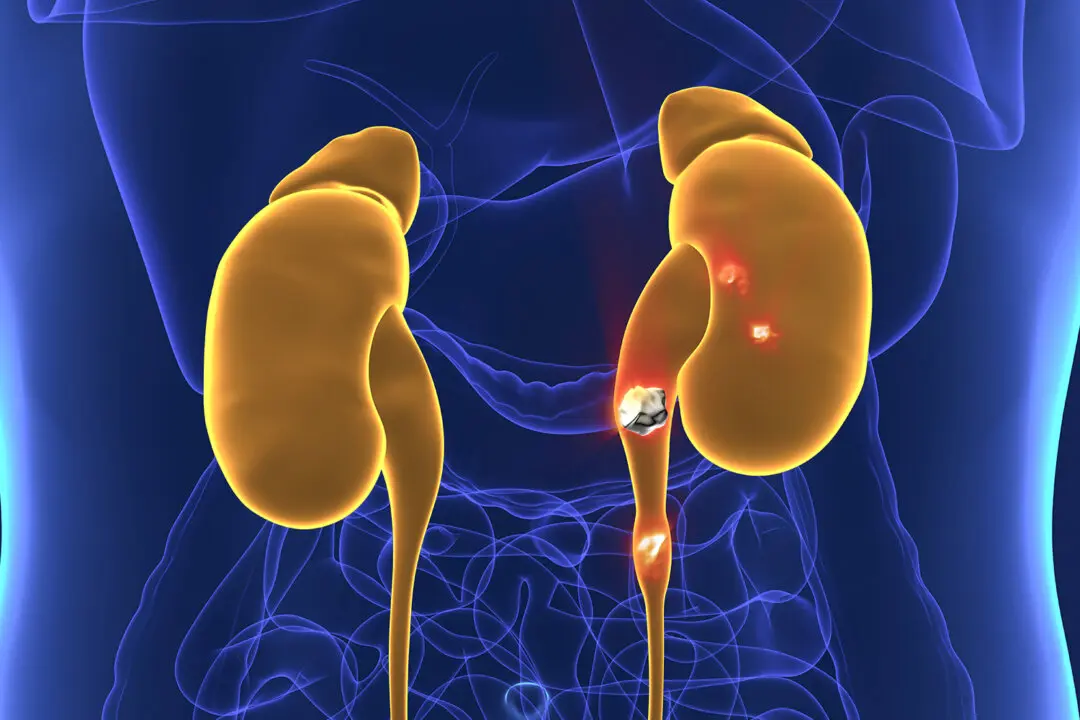In Sept. 2021, President Joe Biden declared a “pandemic of the unvaccinated,” and blamed this on the roughly 80 million Americans who failed to get the COVID-19 shot.
However, by 2022, vaccinated people made up the majority of the population, with about 79 percent of adults having completed at least their initial shots.






